In 2013, we gave Andrew Wowk – inthemix contributor, chinstroker-approved DJ around town and dance music nerd with self-proclaimed “uncompromisingly high standards” – the unenviable task of reviewing DJ Pauly D’s Sydney show. Unsurprisingly, it didn’t go well.
Two years later, we made it up to him by arranging an interview with Nina Kraviz, the Russian-bred producer, DJ and label head who has enjoyed a rapid rise to stardom since her first steps onto the international circuit in 2008, and a purveyor of sounds much more up Wowk’s alley.
This weekend, Nina will touch down in Australia for a four-date tour you’d be mad to miss. On Saturday, she plays an evening set at Sydney’s Greenwood Hotel, kicking on at the Arthouse for round two. The next day, it’s onto Melbourne for smalltown’s triple-header warehouse bash and after party, where’s she’ll play alongside Ben Klock and Bicep. Before the party kicks off, read on to hear two techno savants go deep on the craft of DJing.
One of the main features of your approach as a DJ is to both entertain and educate an audience. Does the environment you are playing in – like a festival versus a small club – make this goal more or less difficult to achieve?
Not at all. I always play what I feel like playing. I don’t plan my sets all that much – I prefer to just feel the moment and feed off that.
At this particular moment, between 50% and 60% of the tracks in my sets are unreleased music from my label ???? [Trip]. I’m lucky in that I have the opportunity to play music that nobody else has because it’s not released yet. It’s really inspiring. The other 40% to 50% of the tracks I play are special tunes I find while crate digging, as well as new releases and promos on both vinyl and digital.
I don’t find it any more difficult to educate a crowd when I’m playing at a big festival because the quality of the music that I play stays the same no matter where I play. The criteria for what particular records I play might be different based on the vibe, but what stays the same no matter what is that all the tracks need to be badass and have to excite me enough so I can really enjoy playing it.
What does change is how I present the music, how I play it. Festivals require a certain, different dynamic to clubs. You’re typically given a much shorter set, maybe an hour or hour-and-a-half. On the rare occasion you might get two hours. In that amount of time it can be more difficult to showcase your sound and create a story with your music, but I enjoy the challenge. It’s more about keeping up a very intense energy. You don’t have time to play the long game. Small clubs have different environment energy and dynamic. The way you play your records can be more subtle and you can take your time. You can also get away with playing some slightly weirder music than you can at a festival, which usually needs to be really bold shit.

You mentioned in your answer just now that the most important characteristic that determines whether you play a track is that it has to excite you. Is there a particular thing that you look for in music?
Definitely. But it’s very difficult to articulate. I guess there are a number of signs that a track is going to end up in my crate. Firstly, it has to be somehow special or unique. It has to be not obvious, maybe by being on the edge of some genre boundary or being a little bit weird. I don’t like music that is too obvious. Using colours as a metaphor: primary colours like red or blue are too obvious to my taste, I search for what sits in between: purple or orange or just for a hue like greenish blues or yellowish greens. I love music that is not predictable and that feels like it’s going in one direction but then takes a U-Turn and goes in another.
It’s also great when music sounds almost “unfinished” so I can “finish” it with my own mixing by combining it with something else and creating an interesting blend, a tertiary colour. When there is something unrefined or unprocessed about the sound, it feels really pure, like there’s “no sugar added.” But at the same time, I don’t just like “raw” music. Even well-produced, refined music can interest me if it’s especially beautiful or feels particularly honest and touches me emotionally. By honest I mean music that truly reflects artist’s inner world and that is created as a result of pure inspiration, not a certain pre-meditated, well calculated template.

When I’m in a record store or shopping online I usually need about two to three seconds to identify whether something about a track intrigues me and I want to listen to it more. I can pretty much straight away tell if a track is my thing or not based on the kinds of sounds I hear and how they fit together. If the track grabs my attention, then I’ll listen further and decide if I want to get it based on further listening. Sometimes I might not like the entire track but I’ll still buy it though and just edit it myself in the studio. But most of the time I tend to play original versions of tracks – if I like it, I like it.
Yet it’s still really hard to say what is that particular “thing” that attracts me the most. It’s like when you meet a person: you might exchange a few pleasantries, ask a few questions, and pretty quickly you get a feel for whether you want to get to know that person more or not, even if you don’t exactly know why. That’s what it’s like with finding music for me.
Looking at all my records that are sitting around me right now, I’m trying to think of what it is that seems to unite them. What it is about all those tracks that they have in common. It’s not genre. It’s not BPM. It’s just a feeling that I can’t describe but all these records have a certain vibe, a certain texture, and they hit a certain nerve.
Speaking of finding music, you grew up in the Siberian city of Irkutsk before the Internet made things readily available everywhere. How was it for you sourcing music?
That’s a really good question. It was not easy. Even though Irkutsk is culturally quite vibrant, and in fact has developed jazz scene, there were almost no record stores that focused primarily on electronic music. So buying music was tough. I would usually need to go to bigger more general music stores to buy CDs and mixed compilations. At that time I worked for a radio station and did some work as a music journalist. The radio station was great for finding music. I could get access to the CDs that the radio station would buy, and bolster my collection with music from friends, and even where necessary pirated material such as burnt CDs, cassettes that had been recorded from radio, and MP3 compilations. I know lot of people are very anti-piracy, but I’m honestly not that strict about it, because back in the days it actually provided me with a great opportunity to access electronic music in a place where it was hard to do so.


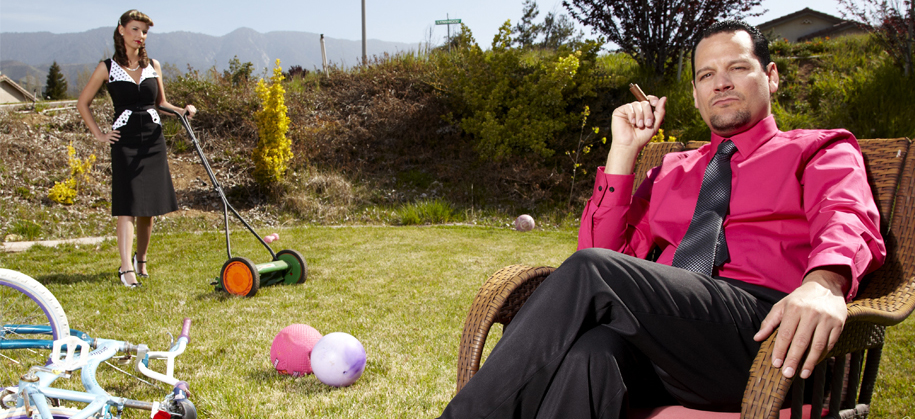

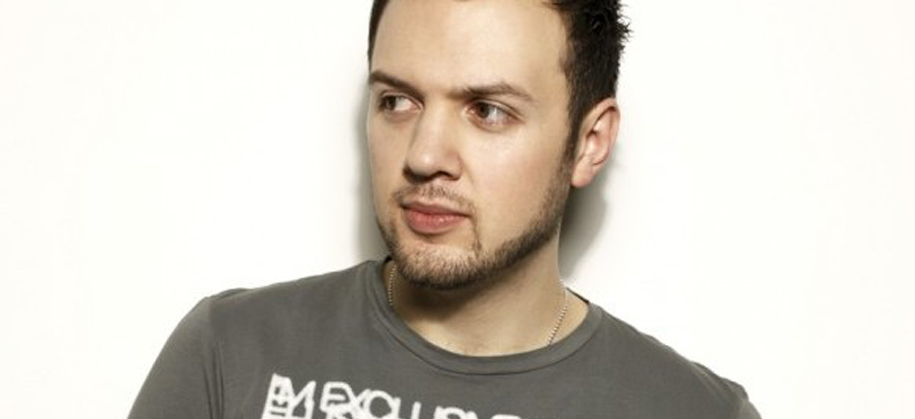
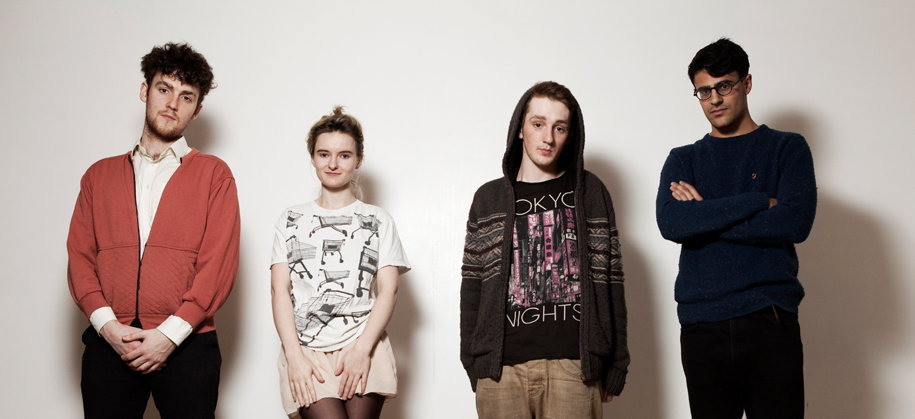

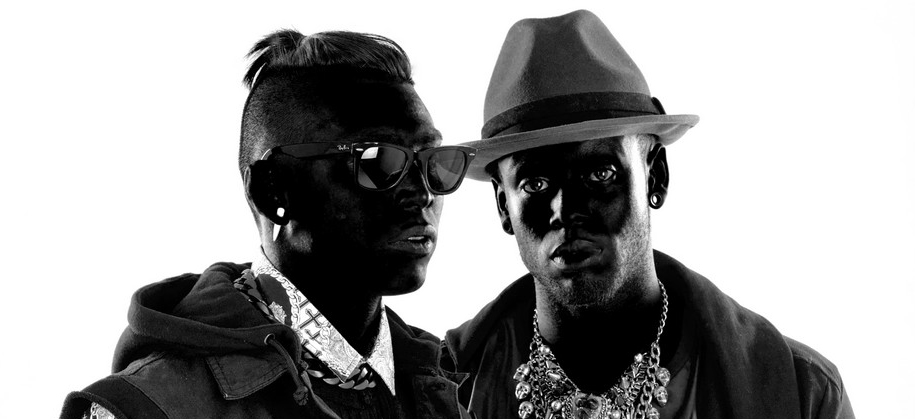
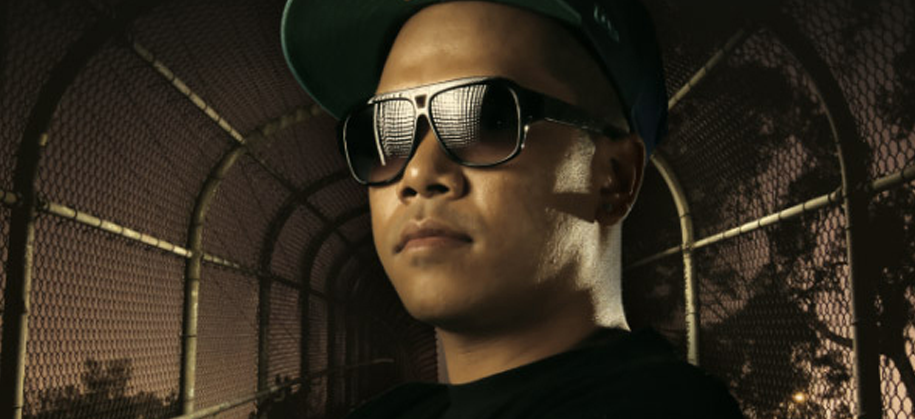
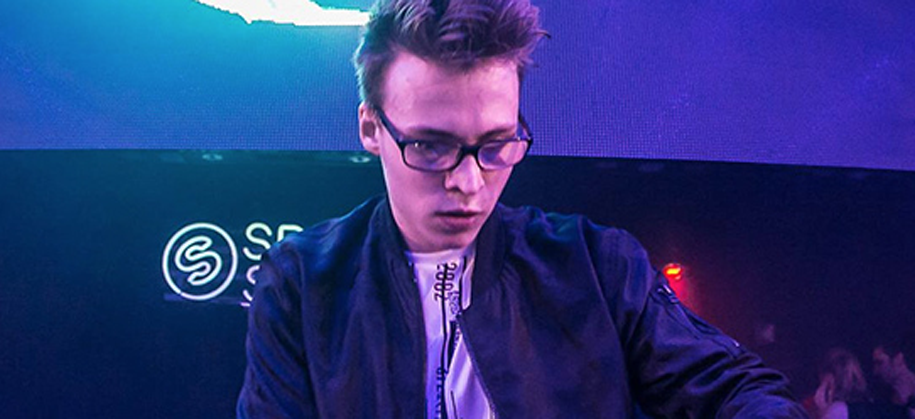

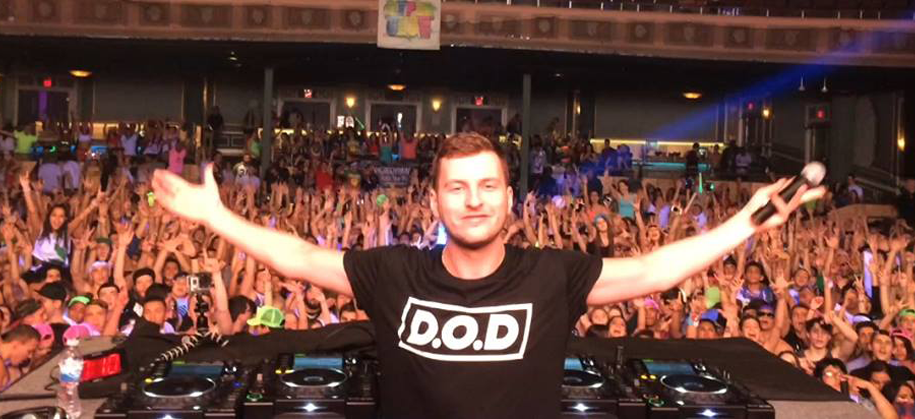

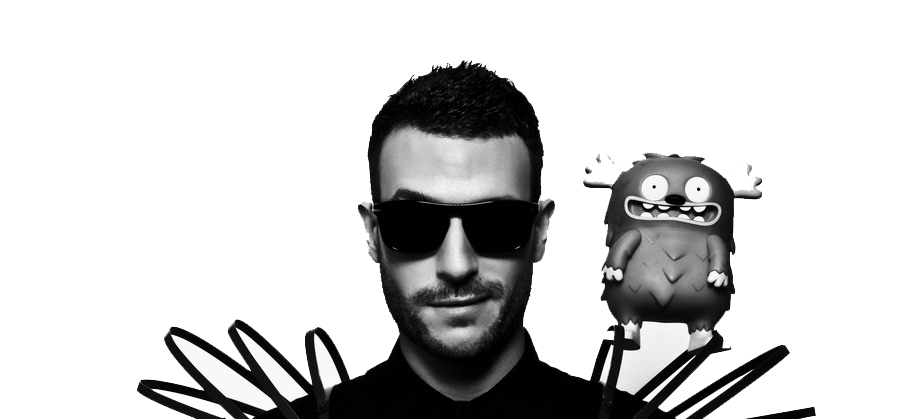
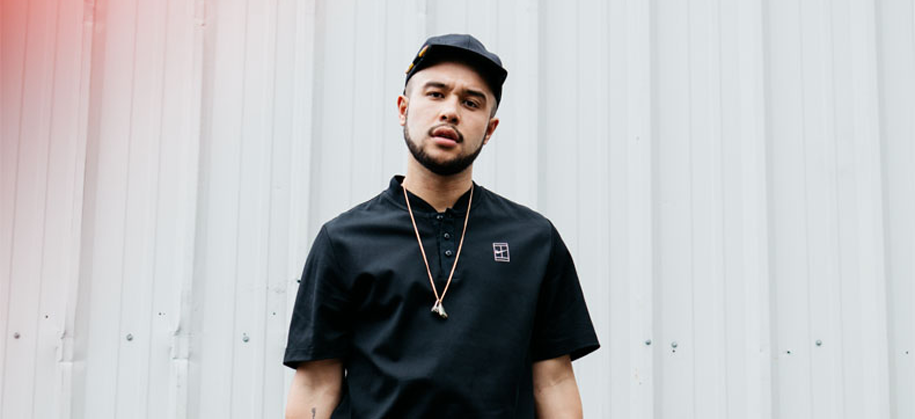
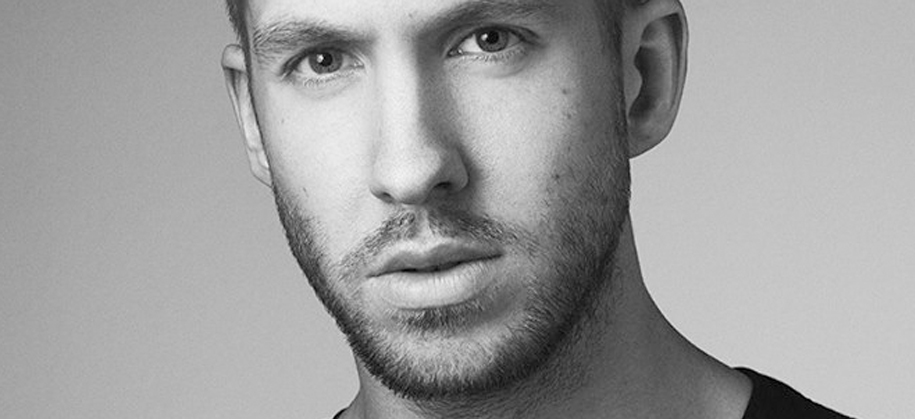
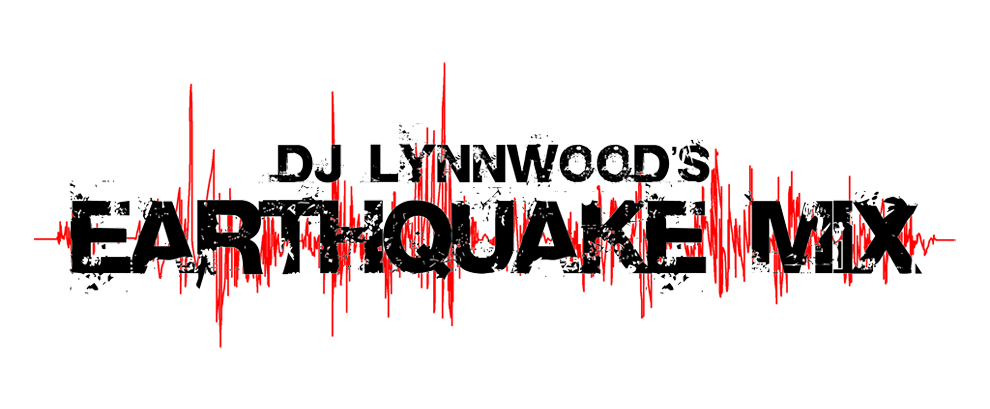
 Category:
Category: 
Earthquake Mix: